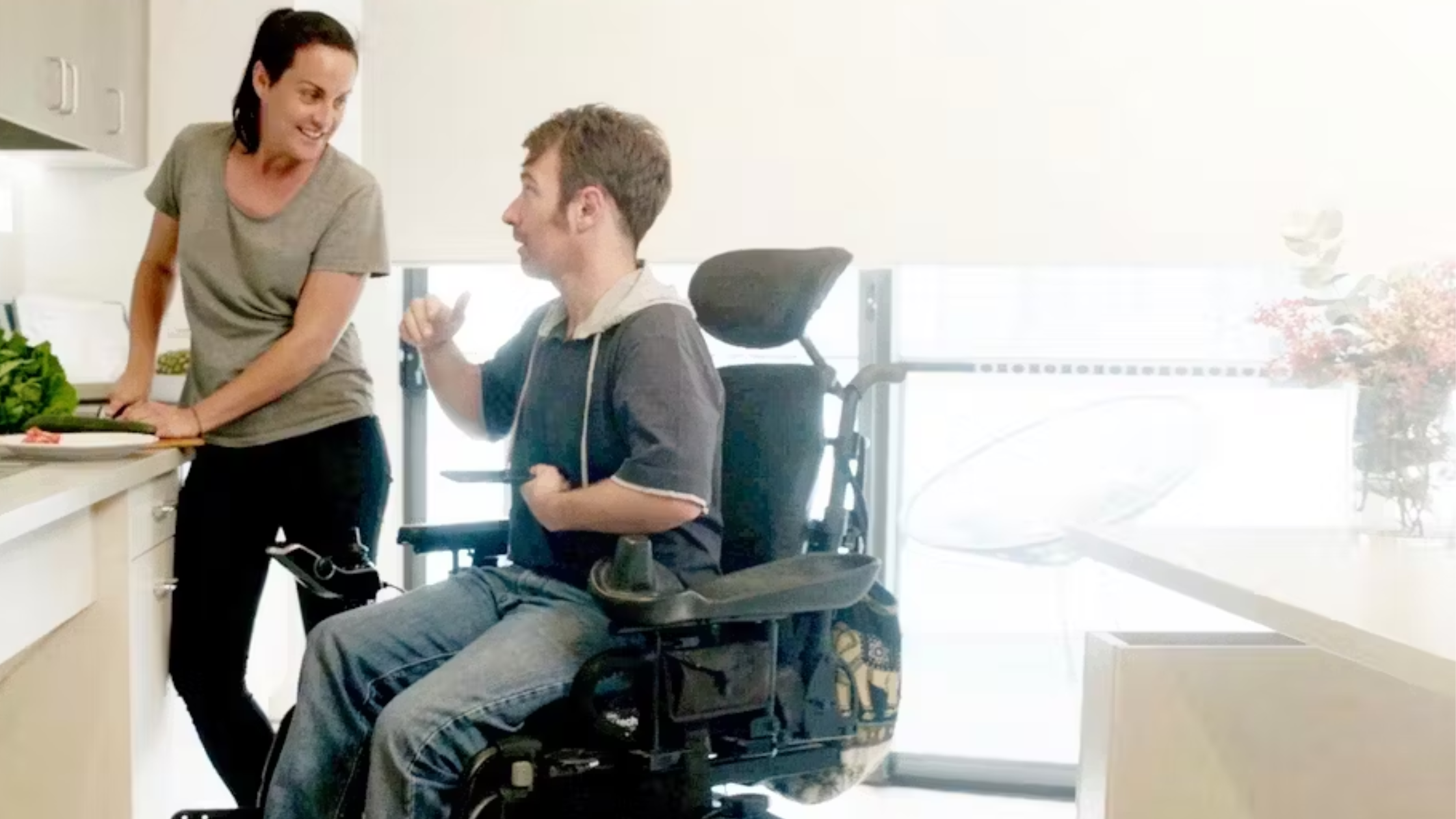
Why Choosing the Right Support Coordinator in Adelaide Makes All the Difference
Navigating the world of the National Disability Insurance Scheme (NDIS) can feel overwhelming at times—especially for participants trying to access the right services tailored to their unique needs. The NDIS brings with it numerous opportunities, but understanding how to make the most of those opportunities often requires the right kind of support. One of the most critical roles in this journey is that of a Support Coordinator.
In a city like Adelaide, where services are diverse and participant needs vary widely, choosing the right support coordinator is not just important—it can be life-changing. Let’s explore why the right support coordinator in Adelaide can make all the difference to your NDIS journey.
Understanding the Role of a Support Coordinator
Before diving into the “why,” it’s important to first understand “what” a support coordinator does. A support coordinator works with NDIS participants to help them understand, implement, and optimise their NDIS plans. Unlike general case managers, support coordinators focus on building the participant’s ability to manage their own supports, navigate the complex NDIS environment, and make informed decisions.
Support coordination isn’t just about connecting someone to a service. It’s about empowering individuals to live with greater independence, confidence, and control over their own lives.
The Unique Needs of Every Participant
Each NDIS participant has a unique life story, background, and set of goals. What works for one person might not be suitable for another. A cookie-cutter approach simply doesn’t work.
This is where experienced, person-centred NDIS support coordination in Adelaide becomes crucial. The right support coordinator takes the time to understand the participant’s individual situation, listens actively, and works collaboratively to build a plan that aligns with the participant’s life aspirations—whether it’s living independently, finding employment, or participating more fully in the community.
Local Knowledge Matters
Adelaide has its own ecosystem of disability services—ranging from mental health providers and housing support agencies to community organisations and allied health professionals. A local support coordinator brings not just a list of services, but real, working relationships with providers across the region.
This on-the-ground knowledge enables a support coordinator to:
- Recommend reliable service providers who deliver on their promises.
- Help participants avoid long waiting times or services with poor track records.
- Offer timely interventions when service delivery does not meet expectations.
In essence, having a support coordinator based in Adelaide ensures faster, more responsive, and more culturally relevant support that reflects the realities of the local community.
Building Capacity, Not Dependence
Great support coordination is not about creating dependency. It’s about building capacity. The right support coordinator will focus on skills development—helping participants learn how to manage their own plan, understand their funding categories, and know how and when to advocate for themselves.
For example, through the right kind of support, a participant may learn how to communicate effectively with service providers, understand invoices, and even lead their own plan reviews in the future. These are life-changing skills that lead to long-term empowerment.
Preventing and Resolving Crisis Situations
Sometimes life doesn’t go according to plan. A support worker may stop showing up, funding may run out, or an unexpected life change may require urgent plan reassessment. In such moments, the role of a responsive and experienced support coordinator becomes critical.
The best support coordinators are proactive—they don’t wait for problems to escalate. They check in regularly, identify early warning signs, and take action to prevent disruptions in essential support. When crises do occur, they act swiftly to stabilise the situation and get things back on track.
Especially in assist life stage transition services, such as moving from school to work or into independent living, this level of guidance is essential. The right support coordinator provides not only direction but emotional reassurance during these pivotal changes.
Transparency and Trust
Trust is not optional—it’s foundational. Participants share deeply personal information with their support coordinators, and they rely on them to act in their best interest at all times. This relationship needs to be built on open communication, clear boundaries, and ethical practice.
A trusted support coordinator will always:
- Clearly explain how funding is being used.
- Remain impartial in provider recommendations.
- Respect the participant’s right to make final decisions.
Participants should never feel pressured or sidelined in conversations about their own lives. When this trust is present, the partnership flourishes and the participant feels genuinely supported.
Aligning With the Participant’s Vision
NDIS is ultimately about personal choice and control. The best support coordinators are those who respect and honour the participant’s vision for their life—even when that vision changes over time.
They don’t impose their views or push participants toward services they don’t want. Instead, they offer information, explore options together, and act as a sounding board as the participant sets their direction. This shared decision-making process leads to outcomes that are not only more effective but more satisfying for the participant.
Choosing the Right Fit: What to Look For
When selecting a support coordinator in Adelaide, consider these important factors:
- Experience and Qualifications: Do they have a background in social work, psychology, or community services?
- Local Network: Are they connected to a broad network of local providers?
- Communication Style: Are they patient, responsive, and clear in their communication?
- Participant-Centred Approach: Do they put your goals and preferences at the heart of every decision?
Don’t hesitate to ask for a meeting or an introductory conversation. This is a relationship that will directly impact your quality of life—you deserve to feel confident and heard.
The Adelaide Advantage
Adelaide’s community is known for its close-knit, collaborative nature. Support coordination here goes beyond the transactional. It often involves engaging with families, schools, housing teams, and advocacy services—all of which can make a huge difference when coordinated effectively.
A well-connected local support coordinator can navigate all these moving parts seamlessly, ensuring that nothing falls through the cracks.
Conclusion
In the world of NDIS, the right guidance and support aren’t just helpful — they’re essential. Choosing a thoughtful, well-connected, and experienced support coordinator in Adelaide means you’re not just selecting a service provider; you’re choosing a partner who understands your goals and helps bring them to life.
A good support coordinator walks the path with you — not just handling paperwork, but genuinely understanding your story, your challenges, and your hopes. They help turn confusion into clarity and plans into progress.
If you want your NDIS journey to truly make a difference in your life, then choosing the right NDIS support coordination in Adelaide is your first and most important step.
At Care To Support, we don’t just offer services — we offer commitment, compassion, and clarity. Let us walk beside you as you take the next step forward — because real support means being there, every step of the way.
Recent Posts
- All Posts
- Blog







